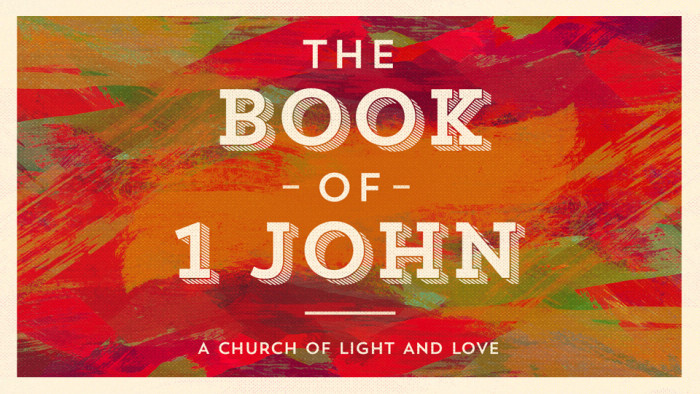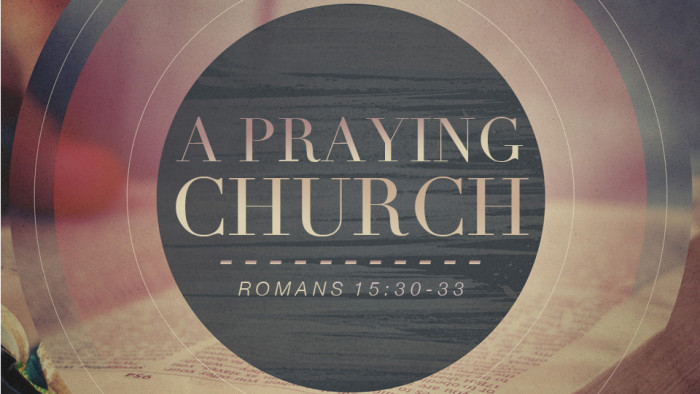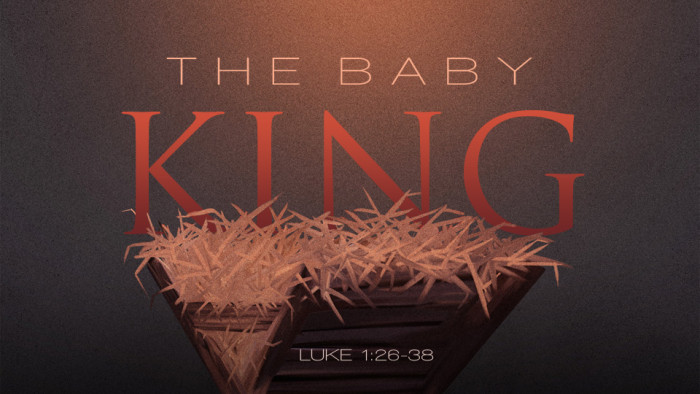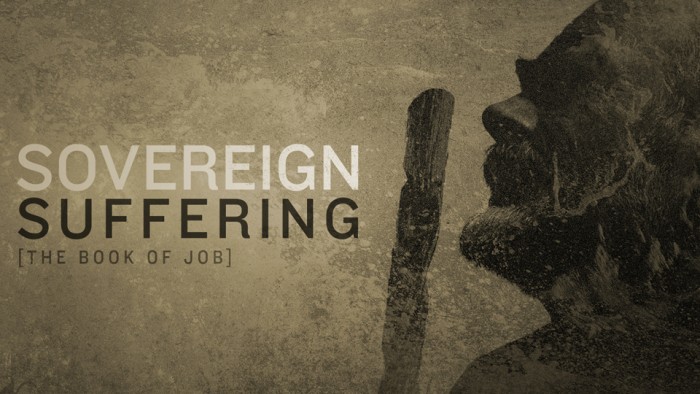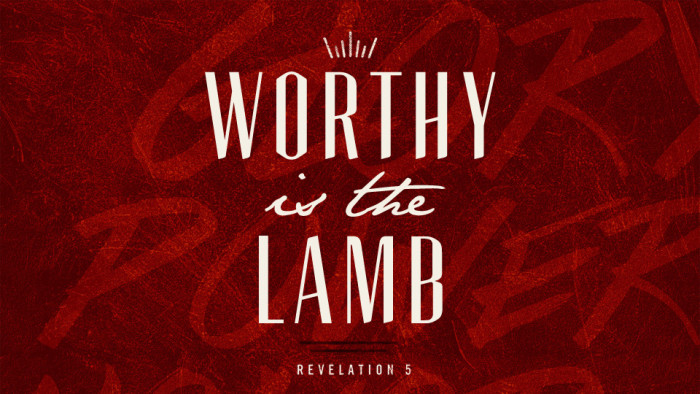 Who is worthy to open the scroll that contains God’s plan for the redemption and judgment of nations?
Who is worthy to open the scroll that contains God’s plan for the redemption and judgment of nations?
Revelation 5:1-4 says no ordinary power or person is worthy to open the scroll, but John’s weeping is about to change to worship for we see in 5:5-10 that “The Lamb is Worthy.”
THE LAMB IS WORTHY
The suspense and sorrow is broken for someone has been found for look at what happens in 5:5, “And one of the elders said to me, “Weep no more; behold, the Lion of the tribe of Judah, the Root of David, has conquered, so that he can open the scroll and its seven seals.” Notice the two identifications of this worthy figure. First, he is “the Lion of the tribe of Judah.” All the way back in Genesis 49 the patriarch Jacob prophesied that the ultimate ruler of God’s people would come from Judah and his lion-like character would lead him to triumph over his enemies. The second qualification is that he is also “the Root of David.” Various Old Testament prophecies said God’s the perpetual ruler of God’s people would come from David, who belonged to the tribe of Judah. But this conqueror isn’t merely common descendent of David, which would make him a branch of David, this victorious Lion is the root of David. Surely Judah’s fierce and fighting Lion can open the scroll!
But notice the stunning paradox in 5:6, “And between the throne and the four living creatures and among the elders I saw a Lamb standing, as though it had been slain.” Do you see the surprise? The conquering Lion is the slaughtered Lamb. It is the central paradox that God “achieved His triumph and delivered His people, not through the fireworks of military might, but through the weakness of crucifixion.” So too do we now fight our spiritual battles not with military might or political power, but with endurance, purity, and faithfulness to Christ, even to the point of death.
The Lamb stands in the center of heaven as one who had been slain, and the apocalyptic vision is a slain lamb “with seven horns and with seven eyes.” Horns in the Bible frequently symbolize strength and the rest of 5:6 tells us the seven eyes represent the fullness of the Holy Spirit. So this Lamb is no ordinary slaughtered sheep, for the seven horns and seven eyes symbolize the Lamb’s perfect power and knowledge. The Lamb is worthy!
What comes next is what W.A. Criswell called, “The most dramatic moment in all of redemptive history.” Look at 5:7, “And he went and took the scroll from the right hand of him who was seated on the throne.” No one in the entire universe was found worthy to take the scroll, in utter fear would any other person or being approach the throne of God, but with complete confidence the Lamb takes the scroll from the Father’s right hand. And the Father extends the scroll to Him, in effect saying, “It is time to bring my plan for the nations to fruition.”
Look now at 5:8, “And when he had taken the scroll, the four living creatures and the twenty-four elders fell down before the Lamb, each holding a harp, and golden bowls full of incense, which are the prayers of the saints.” Their new song of 5:9-10 begins,
“Worthy are you to take the scroll
and to open its seals,
for . . .
This song gives us three reasons for the Lamb’s worthiness to take the scroll of history and open its seals.
- His ransom is final. “For you were slain, and by your blood you ransomed people for God.” He was “slain.” He was slain once and for all, and His blood effectually ransomed people for God. He didn’t make salvation theoretical or merely possible, it was the final ransom and redemption for sinners like you and me.
- His ransom is universal. Jesus’ blood ransomed people “from every tribe and language and people and nation.” God’s plan to save the nations is accomplished through the work of Jesus on the cross.
- His ransom assembles. He “made them a kingdom and priests to our God, and they shall reign on the earth.” Jesus doesn’t just redeem His people, He assembles them into a kingdom of ruling priests. Which, importantly, was the original purpose of man in the Garden of Eden: to serve as priests and vice-rulers on the earth. He is worthy because He was slain, and His final, universal ransom assembles God’s people into His new covenant kingdom.
If you’re in here tonight and are not a Christian I pray you would understand the incredible news of the Lamb’s has accomplished. Should you remain in unbelief and sin Jesus’ opening of the scroll is most terrifying, for it means that God’s justice will eventually fall on you. But if you turn from your sin and trust in Jesus’ work of salvation Jesus’ taking of the scroll means God’s blessing and grace rain down on you in eternal life. And you can be among that number if you trust him as your Lamb, and submit to him as your Lion, and join the four living creatures and the twenty-four elders and the millions of angels to worship the King of kings with all your heart.
The Lamb alone is worthy to bring God’s purposes to pass and thus is ultimately “Worthy of Worship.”
WORTHY OF WORSHIP
I remember many years ago playing for our country’s national soccer team against Haiti in Ft. Lauderdale. The Haitian population is strong in the area and it felt as though we were playing an away game. Whenever the Haitians connected two or three passes together the crowd would erupt and you’d think they had scored a World Cup winning goal. It actually unnerved me a bit in the last 5-10 minutes of the first half and at half time the coach looked at me and simply said, “Get your composure back.”
Well, if several thousand loud voices were enough to overwhelm my heart, I can only imagine what happened to John in this vision. In 5:11 John hears “the voice of many angels, myriads of myriads and thousands of thousands,” which is something like a heavenly choir of over one hundred million crying out with a loud voice,
“Worthy is the Lamb who was slain,
to receive power and wealth and wisdom and might
and honor and glory and blessing!”
In a stunning turn of events, the same worship of the Father back in chapter four is now extended to Jesus. To Him belongs all “power and wealth and wisdom and might” and so He is due “honor and glory and blessing.” Who receives your highest honor? What receives your greatest glory? What power or majesty receives your strongest shouts of joy?
Notice how the worship of the Lamb is expanded outward, from the four livings creatures and elders, to the myriads of angels, and now in 5:13-14 the worship of Jesus extends to the whole universe, for notice what John says there, “13 And I heard every creature in heaven and on earth and under the earth and in the sea, and all that is in them, saying,
“To him who sits on the throne and to the Lamb
be blessing and honor and glory and might forever and ever!”
14 And the four living creatures said, “Amen!” and these elders fell down and worshiped.
He is the Lion who has conquered.
He is the Lamb who was slaughtered.
And so He is the Lord who reigns sovereign over history.
Let us behold the soul-thrilling glory of Christ.
SOUL-THRILLING IMPLICATIONS
Blaise Pascal once said, “Man’s sensitivity to little things and insensitivity to the greatest things are marks of a strange disorder.” Oh, how true that is especially in light of this text. We long for the praise of little men more than to praise the greatest God over the universe. We love pieces of green paper more than God. We love balls of pigskin more than His Son. Our first parents, Adam and Eve, showed us how prone we are to love fruit more than the Father. May God raise our small affections and little adoration tonight.
As we begin to close I simply want to meditate on four things implications for life from beholding this soul-thrilling glory of Christ.
Beholding this soul-thrilling glory of Christ leads us to . . .
Live fearlessly. This lamb-like lion, the elder says, “has conquered.” What is your greatest fear? The satanic Worm who seeks to destroy us? The sin that you feel powerless to conquer? The prospect of death? Revelation 5 reminds us those vaunted foes have lost and will lose, so we live fearlessly.
Preach zealously. He “has ransomed people for God from every tribe, tongue, nation, and language.” We declare the gospel zealously because it’s the power of God to save the nations. The salvation of the nations is the capstone of Christ’s worthiness, so we can share the gospel with confident zeal – for this is the reward of His suffering.
Pray earnestly. Remember what the elders held back in 5:8? “Golden bowls of incense, which are the prayers of the saints.” Not a single prayer for “His kingdom come” is ever lost. What encouragement we have here for our prayers, for this text is telling us that we are never nearer the throne of God than when we our soul bends in prayer. Live fearless, preach zealously, pray earnestly, and finally . . .
Love passionately. A glory-filled and soul-thrilled person is one who increasingly loves Jesus with peculiar passion.
I remember one time sitting in a large Presbyterian church in Dallas waiting for the service to start. Soon I heard a trumpet blast of voices singing “All Creatures of Our God and King”, but there was no choir on the stage and this was no recording. I eventually realized the choir was seated above me in the balcony and oh how the church couldn’t help but be taken up in praise to God.
The choir of angels sings above us now the glory song of Christ and let us join in as we behold the soul-thrilling glory of Christ.
This post is adapted from my recent sermon, “Worthy is the Lamb,” on Revelation 5.

